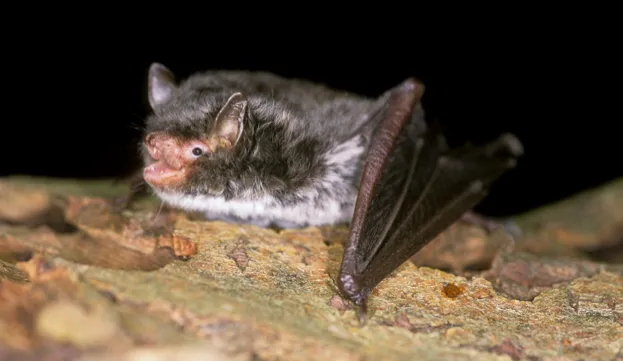Automated smart detectors have been developed and installed in Queen Elizabeth Olympic Park to detect the ultrasonic calls of bats.
The bat detectors will analyse the calls and identify the species of bat making the call.
“It’s a ‘Shazam’ for bats!” says Professor Kate Jones, project lead and the chair of ecology and biodiversity at University College London (UCL).
“We are trialling a network of smart bat monitors that listen to the environment and figure out if bats are present, all in real time.”

A project called Nature Smart Cities brought together researchers and technologists to develop the world’s first end-to-end open source system for monitoring bats.
The detectors were installed in the park in 15 sites during late May, and connected to WiFi and a power supply. They are able to record date and give reliable results quickly.
The audio from the bat calls are turned into a spectrogram which is then scanned by statistical machine-learning algorithms.

“Smart detectors are revolutionary,” says Dr Gabriel Brostow, who led the team of computer scientists at UCL, “as, before now, analysing recordings was costly and labour intensive.
“For my team, the challenge was to develop a deep neural network that can run on a tiny, low-powered computer-on-a-chip outdoor sensor.”
The detectors will track the species present and their activity levels, and the information gathered will be available to the public on the Nature Smart Cities website.
Main image: Natterer's bat – its broad wings enable it to fly slowly and prey on a wide variety of insects, even snatching spiders from their webs. © Hugh Clark/The Bat Conservation Trust
